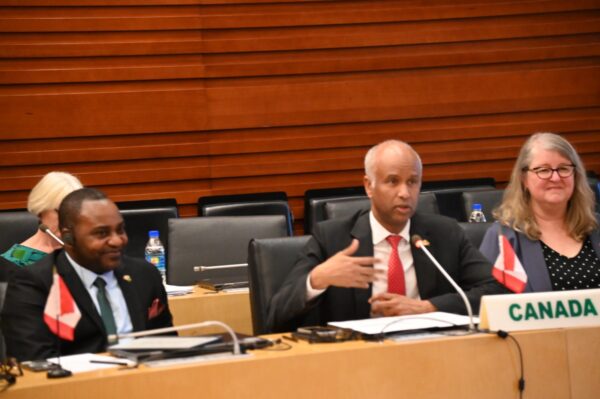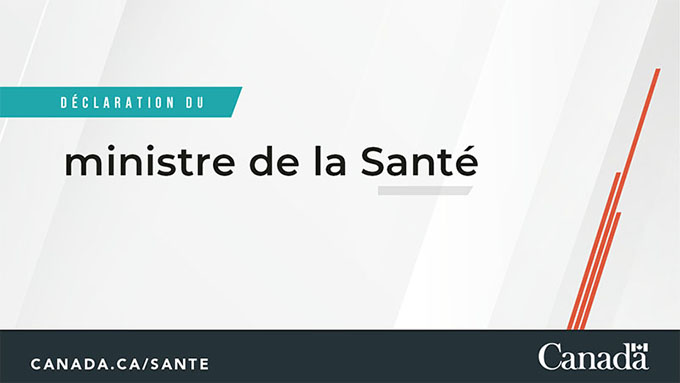There is a glaring shortage of nurses in Quebec’s public health services. Long waits, closed emergency rooms, preventable deaths1… In a context in which the needs of the aging population are constantly increasing, the situation is worrying. It is therefore urgently necessary to implement measures to attract and retain caregivers in the public network in order to ensure safe care.
Despite the shared interest in increasing the nursing workforce, a recent decision by the Department of Health and Social Care advises against succession in nursing.
For years, various CISSSs and CIUSSSs have promised Level 7, or approximately $33 per hour, to newly graduated clinical nurses with no prior experience. The different interpretations of the collective agreement led to the application of this practice, which nevertheless made it possible to ensure the attractiveness of the public health system.2, 3. Today, the CAQ government requires these clinical nurses to start at the first level at $27 an hour.4. It goes without saying that this starting salary in no way reflects years of study and professional responsibility.
Without public service attractiveness and retention policies, without the appreciation of years of university study, where will the next generation of nurses work?
In Canada, Quebec is the province that pays its new nurses the least. Newfoundland and Labrador have the second lowest wage at $33.64 per hour, a difference of almost $15,000 per year5. However, Quebec remains good with a number of 18 for the number of steps to reach the salary cap. Thus, from level 1, the nurse must work full-time for 14 years before reaching the maximum salary.
It is therefore not surprising that the number of nurses who leave the public system to work in the private sector or in other provinces, in search of recognition for their contribution and a representative salary, is increasing from the very beginning of their career. Last year, private healthcare recruitment grew 19% 6. It seems unrealistic to us to consider phasing out their use when decisions are still being made that are incompatible with attracting and retaining new nurses in the public sector. Government wants to be seen as an employer of choice and to do that we believe they need to be able to recognize the contribution of all carers as soon as they join the network.
Nursing student associations across Quebec are coming together to share our concern for the future of the next generation of nurses.
Until the government meets nurses’ expectations in terms of their salaries and working conditions, the brain drain from the healthcare sector will only increase.
Today, we call on Secretary Sonia LeBel to consider in her negotiations elevating the starting salary of baccalaureate nurses to the seventh level or adjusting the scale for equivalent pay to encourage them to enter and stay on the public health grid.
Today we call on Minister Eric Girard to secure a salary increase for nurses in the provincial budget.
Today we are asking the Department of Health and Social Care to recognize our years of university study at their fair value.
Today we call on the government of the Coalition avenir Québec to act for the future of our members and for the health of the population.

Award-winning entrepreneur. Baconaholic. Food advocate. Wannabe beer maven. Twitter ninja.







